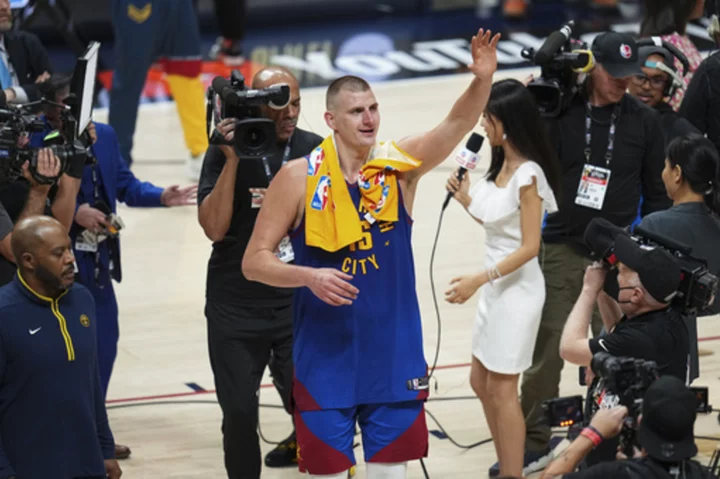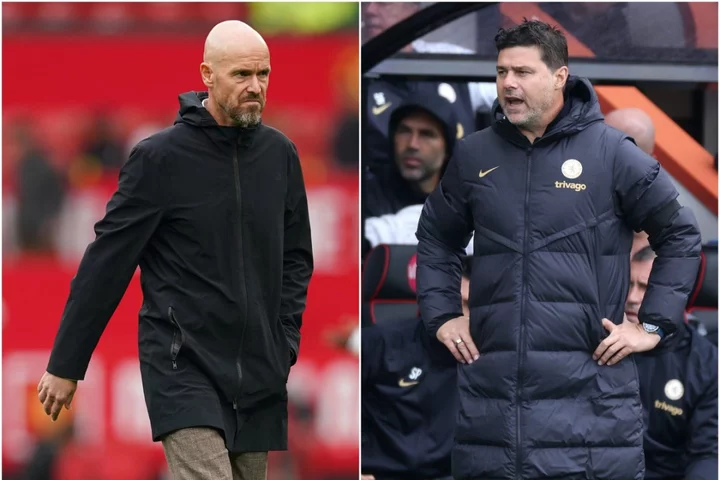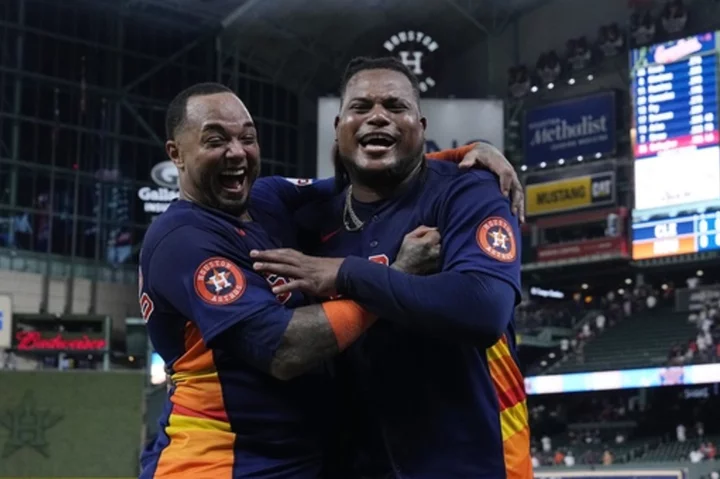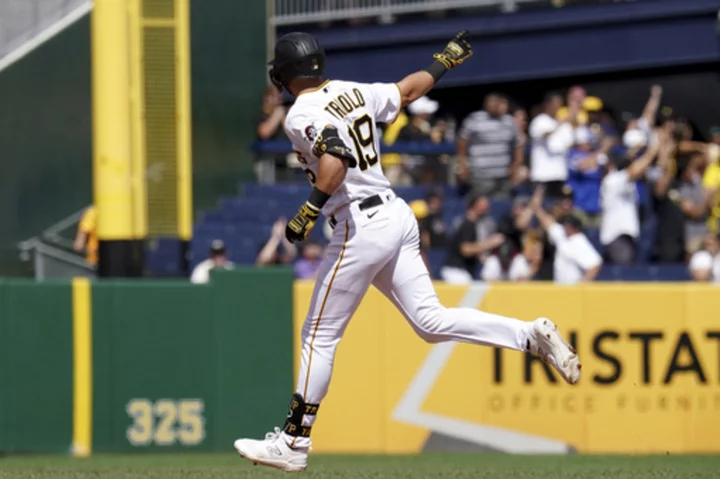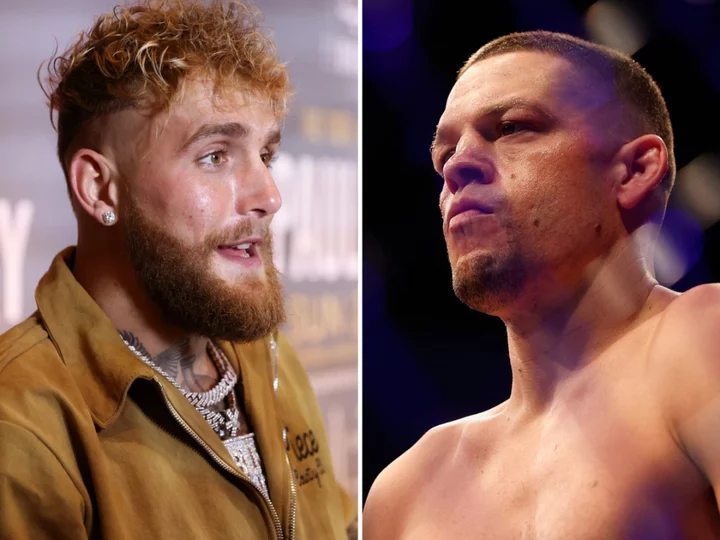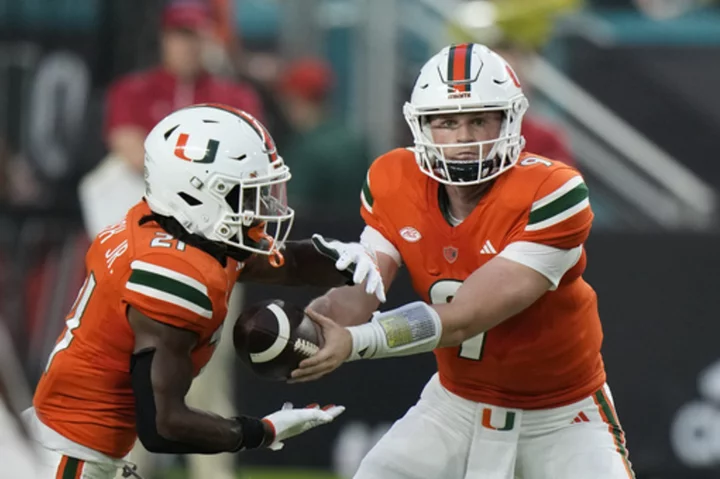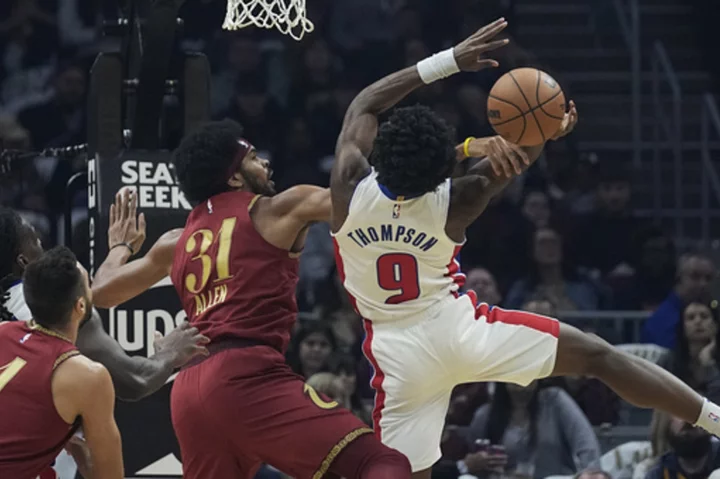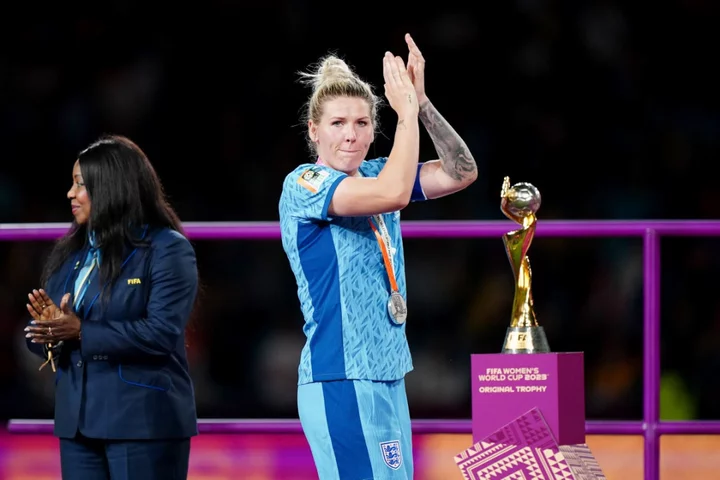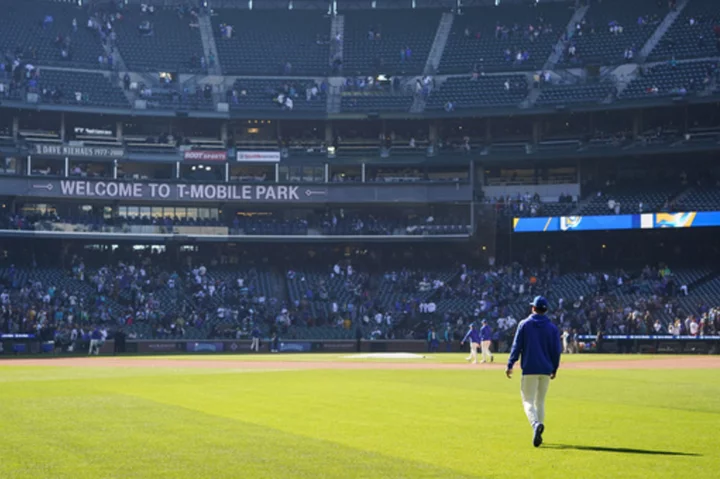DENVER (AP) — They use the court as their canvas, seeing passing lanes and paths to victory that others in their sports simply cannot.
For Novak Djokovic, it's tennis. For Nikola Jokic, it's basketball. For their home country of Serbia, June is shaping up as a month no sports fan there will ever forget.
Two once-in-a-generation athletes who grew up about 2 1/2 hours apart in a country not much more populous than Colorado are in the hunt to win titles that could stamp both their names in the history books.
A Serbian sweep — at the French Open and in the NBA Finals — would give Djokovic a record-setting 23rd grand slam; it would give Jokic his first NBA title and would finally bring a basketball championship to his new hometown of Denver.
They are not tight — “I don't have his number, to be honest,” Jokic says — but they are following each other right now, each one duly impressed by what their fellow countryman is accomplishing.
"NBA league is the biggest and most important basketball league in the world," Djokovic said during a recent interview at the French Open, where he is seeded third and set for his quarterfinal match on Tuesday. “To be able to be the best player in that league for three years in a row is just stunning.”
Jokic won the league's MVP honor in 2021 and 2022 but was passed over this season by Joel Embiid of the 76ers — a move that felt like a shun to Denver fans. Djokovic, too, knows what it's like to not be everybody's favorite. Even though no man surpasses his Grand Slam total, the tennis world has often found reasons to prefer the other greats of his era, Roger Federer and Rafael Nadal, over the player some call “Djoker.”
Though the two Jokers play diametrically different sports — the best basketball teams thrive on teamwork, while the best tennis players master a one-on-one game where the fiercest opponent is often themselves — they're similar in more ways than you might expect.
Their professions require peak conditioning, something both men lacked in their early years as pros. Djokovic quit during his second-round match at the 2005 French Open, and stopped after losing the first two sets of his quarterfinal the next year at Roland Garros against Rafael Nadal, citing a bad back. Blisters, dizziness, sore throats and difficulty breathing also hampered him over his career.
But Djokovic says a renewed dedication to fitness and a decision to try a gluten-free diet -- he even wrote a book about that -- both helped. Now, one of Djokovic's trademarks is his ability to outlast virtually anyone in the most grueling of matches. All but one of his Grand Slam titles have come since he reworked his fitness routine in 2009.
For Jokic, an epiphany came after the Nuggets squandered an 11-point lead in a Game 7 loss to the Trailblazers in the semifinals of the 2019 playoffs. The Nuggets trainer had long been telling Jokic that his ceiling was unlimited if he doubled down on his fitness. Jokic bought in. He lost 20-25 pounds, and though he will never be mistaken for Adonis, or even Djokovic, the difference has been clear.
“Early on, being the best player he could be was not necessarily about a skill set,” Nuggets coach Michael Malone said. “It was about maturing, growing up, handling adversity, dealing with the referees, getting into the best shape of his life, losing weight. I think once that all happened, that kind of coincided with our rise to where we’ve been the last five seasons now.”
The do-it-all big man in basketball and the player ranked first in tennis for more weeks than any other have used their broad platforms in different ways.
Djokovic, who grew up in the Serbian capital of Belgrade, is outspoken and a lightning rod — his refusal to get vaccinated for COVID-19 cost him spots at both the 2022 Australian and U.S. Opens. During his stay in Paris this month, he has drawn criticism from several corners for wading into the topic of clashes between ethnic Serbs and NATO-led peacekeepers in northern Kosovo.
“Drama-free Grand Slam, I don't think it can happen for me,” Djokovic said. “I guess that drives me, as well.”
Denver's Joker doesn't wade into world affairs, and if critiques of his game, or his personality, drive him the way they do Djokovic, Jokic keeps that to himself. He mostly sticks to basketball, doesn't give many in-depth interviews and his wry sense of humor can sometimes be lost in translation.
Like Djokovic, he's had moments that made headlines for the wrong reasons: The NBA fined him $25,000 for making a homophobic slur in 2018. There was the small dust-up with Suns owner Mat Ishbia in this year's playoffs. Perhaps Jokic's worst on-court moment came against the team the Nuggets are playing for the title. In a 2021 game, Jokic blindsided the Heat's Markieff Morris after Morris ran hard at him and shoved his shoulder into Jokic's chest.
“It's a stupid play. I feel bad. I'm not supposed to react like that,” Jokic said at the time.
These days, that feels like a distant memory.
Hoops fans in Jokic's hometown of Sombor have been getting together at 2:30 a.m. to watch the Nuggets in the final. Soon enough, many of those fans might see him in person. Jokic comes back home in the offseason to tend to his stable of racehorses.
Djokovic says he finds that to be a hoot, but he respects it.
It's a window into one more thing the two Jokers seem to have in common: “He's sticking to his values, his beliefs, and what he cares about,” Djokovic said. "He doesn’t mind what people think of him.”
___
AP Sports Writers Howard Fendrich and Pat Graham contributed.
___
AP NBA: https://apnews.com/hub/NBA and https://twitter.com/AP_Sports

